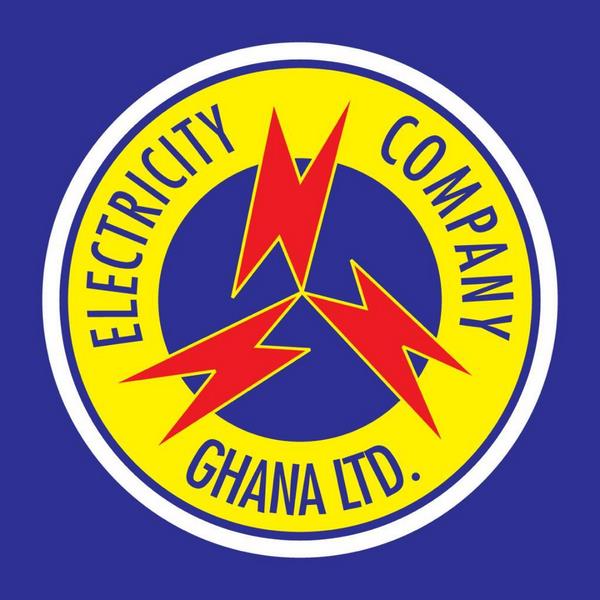Emission Levy: Consumers to pay additional GH¢26.07 every month in electricity cost


If the Emission Levy is implemented, each consumer will pay about GH¢26.07 every month, in addition to the actual electricity charge.
This will translate into about 3.62 in percentage terms per hour of electricity consumed.
According to the Chamber of Independent Power Generators, Ghana (IPGG), the Emissions Levy of GH¢100 per tonne of CO2 emissions from the power plants will amount to GH¢36.2 per hour of the plant operation.
That translates to GH¢0.0362 per kWh the consumer will pay for every hour of electricity consumed.
The IPGG had described the Emissions Levy Act, 2023 as a political risk that will increase the cost of power.
According to its Chief Executive Officer, Dr. Elikplim Kwabla Apetorgbor, the emissions levy would trigger an increase in electricity tariff.
“In accordance with the Power Purchase Agreements (PPAs), this legislation is a political risk (an Increased Cost Event) mitigated by an Increased Costs clause in the Agreements, which suggests a pass-through mechanism, where the economic incidence goes to the end user”, he disclosed in a statement.
Emissions levy is essentially double taxation – Terkper
Former Finance Minister, Seth Terkper, also raised concerns about the government’s proposed emission levy, calling it essentially double taxation due to its overlap with existing excise duties on imported vehicles.
He argues that the emission tax designed to encourage environmentally friendly vehicles is “punitive” and already covered by the existing excise duty based on engine size and other factors that indirectly reflect emissions.
Speaking in an interview with Joy Business, he warned that this double taxation could lead to increased cases of tax evasion and avoidance.





